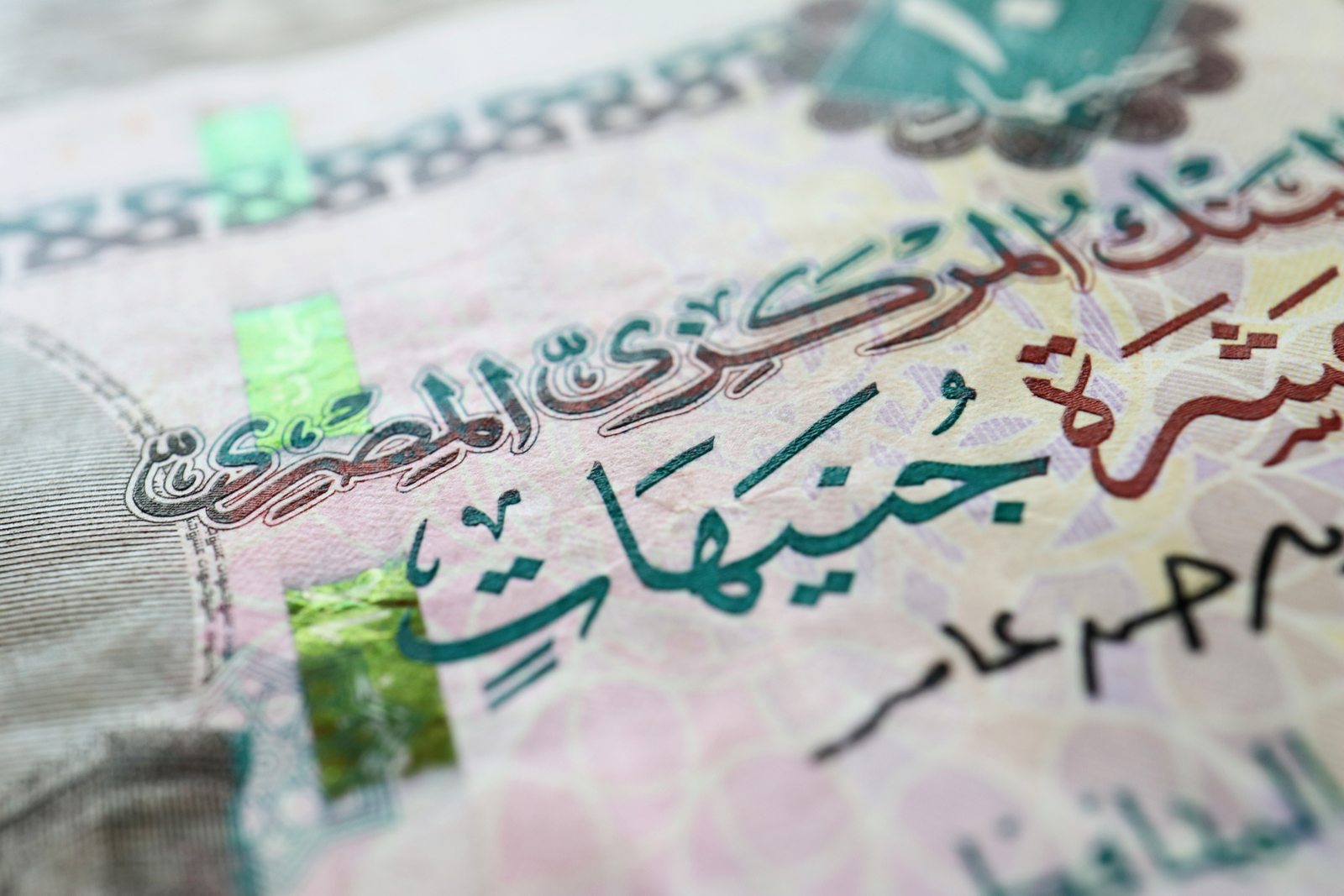Egypt economic growth to beat expectations- Capital Economics

Egypt’s economic growth will beat expectations as sovereign bond yields fall and the government’s austerity program draws to a close, according to a report by Capital Economics. The country’s debt-to-GDP ratio has also begun to fall back as the primary budget balance enters a surplus for the first time in almost 20 years. The report predicts that the debt ratio will fall to around 75% by 2024, thanks to the cuts made to the public wage bill. “This underpins our view that GDP growth will be stronger than most expect in the next few years,” the report states.
But risks still remain: Egypt’s large foreign currency debt (around 30% of GDP in FY2017/18) means that the government’s financial position is exposed to fluctuations in the exchange rate. Rapid increases in global commodity prices would also spell trouble for the subsidy bill, with the report estimating that a 10% rise in oil prices would increase spending on fuel subsidies by around 0.4% of GDP.
And there is still more to be done: While the report praises the government’s success in restoring stability to the economy, it raises concerns that it is taking its foot off the gas a little too early and urges it to do more. “In the coming years, the focus will shift to the bolder efforts that are needed to lift Egypt’s potential growth rate, but we are increasingly concerned that these will fall short,” the report says.
IIF joins the chorus calling for deeper reforms: Achieving sustained economic prosperity will require that the state and military-affiliated companies shrink their role in the economy, according to a report by the Institute of International Finance (IIF). State influence on critical economic sectors, control over land use and privileged status for infrastructure projects has resulted in “deep-rooted structural distortions” in the economy which hold it back from competing with more successful emerging markets.
So what does IIF want Egypt to do? Noting that fundamental changes to the economic system could be politically and economically destabilizing, the IIF says the government should first maintain its current fiscal and exchange rate reforms — then kickstart the privatization program.